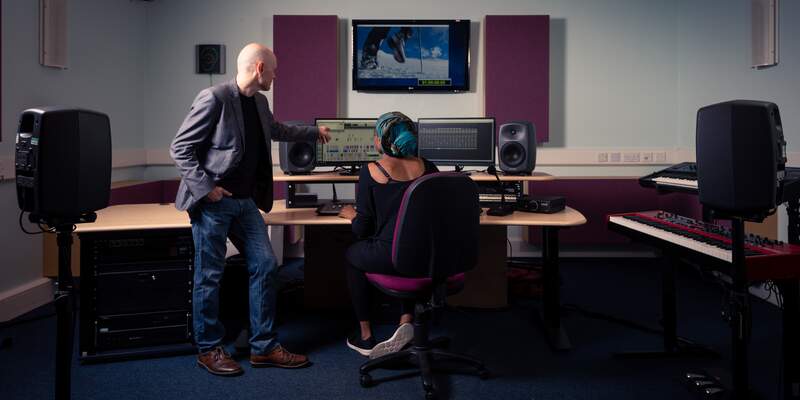
Helping with problems
What outcomes should helping with problems achieve?
By being there to listen to and support your supervisee, you will be helping to achieve the following outcomes:
- Reducing negative impact on academic progress by reassuring students about common problems and normal academic challenges;
- Improving retention and outcomes for students by directing students to appropriate specialised services;
- Encouraging students to communicate difficulties and to take responsibility for accepting suggestions for resolution on board;
- Maintaining academic standards and improving outcomes for students by ensuring applications for leave of absences; extensions to enrolment or exceptional circumstances are completed correctly.
Guidance on helping with problems
1. Safeguarding and serious concerns
If you are seriously worried about a student (but it is not an immediate crisis), contact the Open Door Team Duty Practitioner for advice on +44 (0)1904 32 2140 or via opendoor@york.ac.uk during office hours
Out of hours, contact Campus Safety on +44 (0)1904 32 3333
In an emergency, call 999 and then call Campus Safety on +44 (0)1904 32 3333 for them to help aid the emergency services
If you are concerned that a student may be at risk due to a safeguarding concern or under the Prevent duty please be assured that it is not your responsibility to investigate, make judgement or provide a response. If you are worried they may be experiencing abuse or at risk of radicalisation, please follow the safeguarding process.
Additionally, if you wish to discuss your concern with someone prior to making a report. Local Safeguarding Officers (LSO) are a point of contact in Faculties/Directorates for staff and students to seek advice and to signpost reporting mechanisms.
Safeguarding of young people under 18 and adults at risk
2. Recognising signs and reassuring students
You may not have encountered some circumstances your students encounter or they may appear trivial to you. Don't pre-judge - take time to listen, understand, explain and advise or signpost.
A good first step is to encourage students to access help from your department/school Wellbeing Officer who is a first point of contact for any questions or concerns that might be affecting their wellbeing. You could ask the student if they would like you to put them in touch with the Wellbeing Officer through an email introduction, for example. The University also provides a range of support for mental health, disability and long-term health conditions.
In academic progress discussions, you might find that students are exhibiting signs of study difficulties, including problems with study skills or frustration with their performance that could indicate a disability and encouraging students to seek more information or advice can be especially helpful. Other students will declare any health or disability-related issues they are managing and may need your reassurance that there is support available.
Where you have more serious concerns about a student’s progress or engagement, the Support to Study process can be helpful.
3. Student support services
In most cases, personal supervisors will direct students to seek the help they need through specialised services. The staff supporting students web pages provide a comprehensive overview of services that can be used by all staff.
4. When things go wrong - formal processes
As a personal supervisor you have a formal responsibility to discuss matters of academic progress when things go wrong for students. It is important that you know the relevant policies and procedures so that you can advise students appropriately.
Make sure you are aware of the regulations for all of these options before suggesting them to your students to avoid disappointment if some options are not available.
Students can apply for extensions for assessments using the exceptional circumstances process. There are time limits on these applications, so make sure your supervisee is aware of these and encourage them to apply as soon as they can.
Where students feel they are not on the right course for them, or changes in circumstances mean they cannot commit to full time study, there are opportunities for programme transfers and changes to mode of study that you might want to discuss with them.
When students need to take time away from their studies but will return, a Leave of Absence is most often the best course of action.
Once a student comes to the end of their formal registration period they are no longer eligible for a Leave of Absence and instead will need an extension of enrolment.
If a student wants to leave the University altogether, there are processes for withdrawing from a programme and rules about how they might be readmitted in the future.
